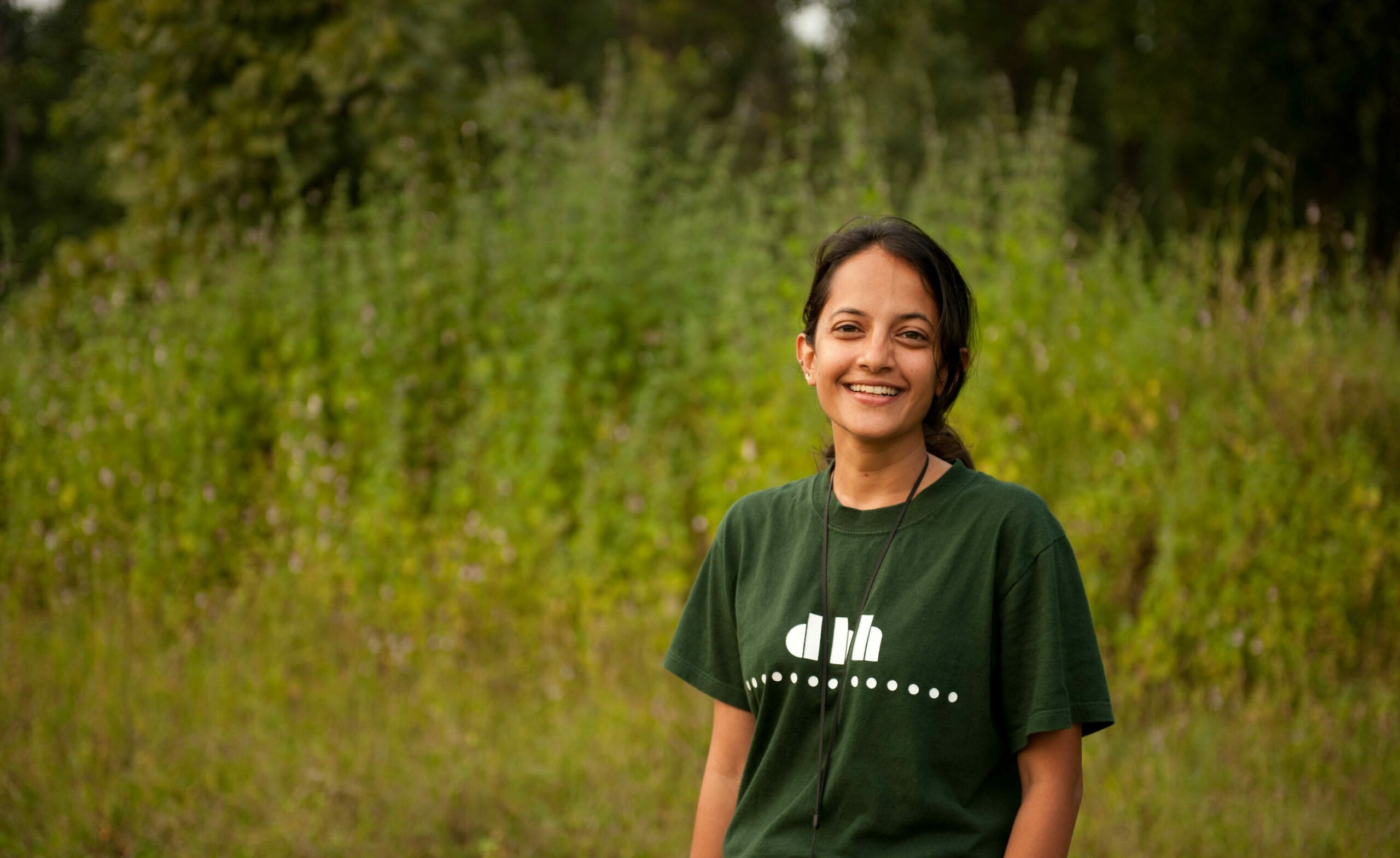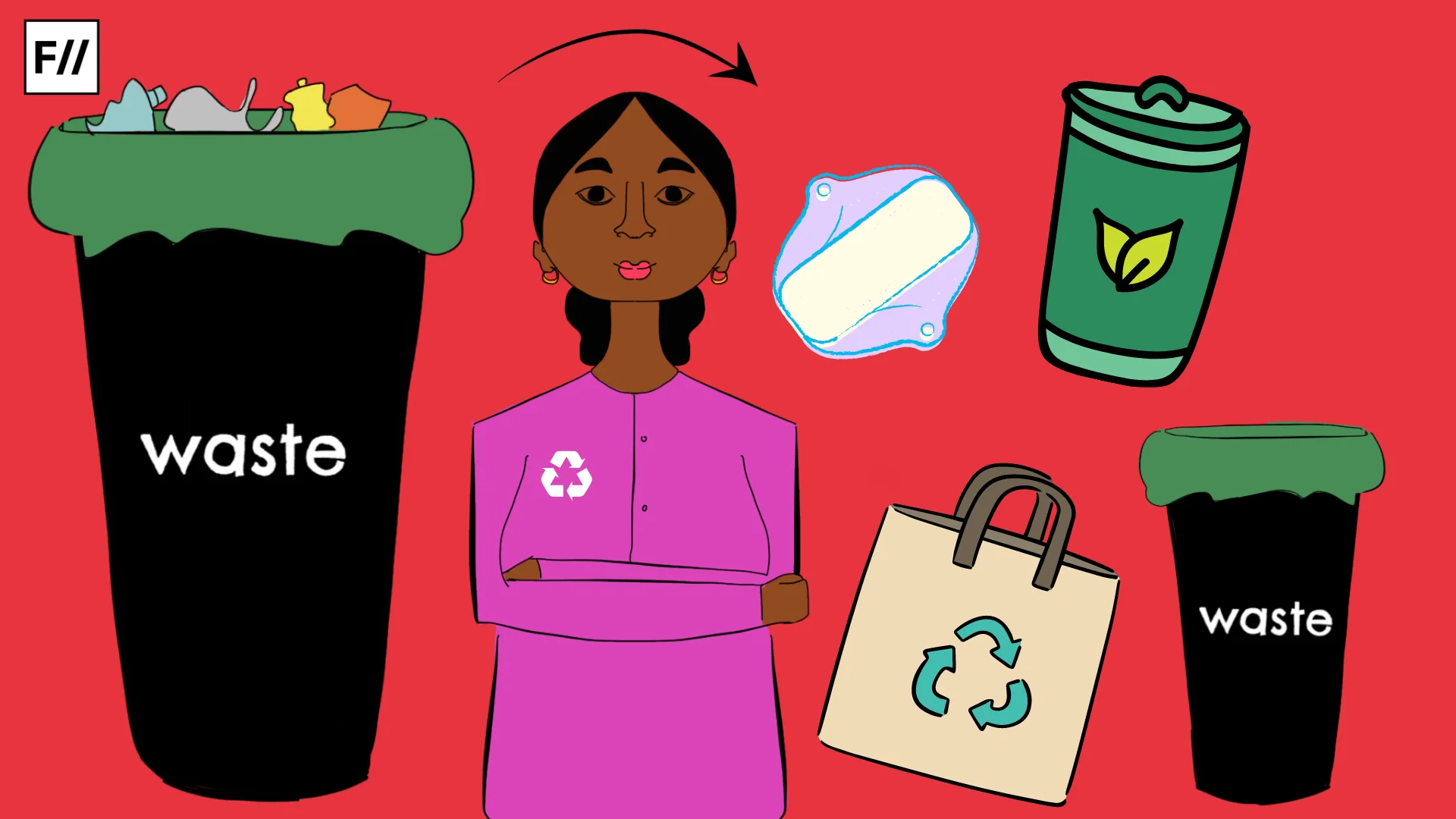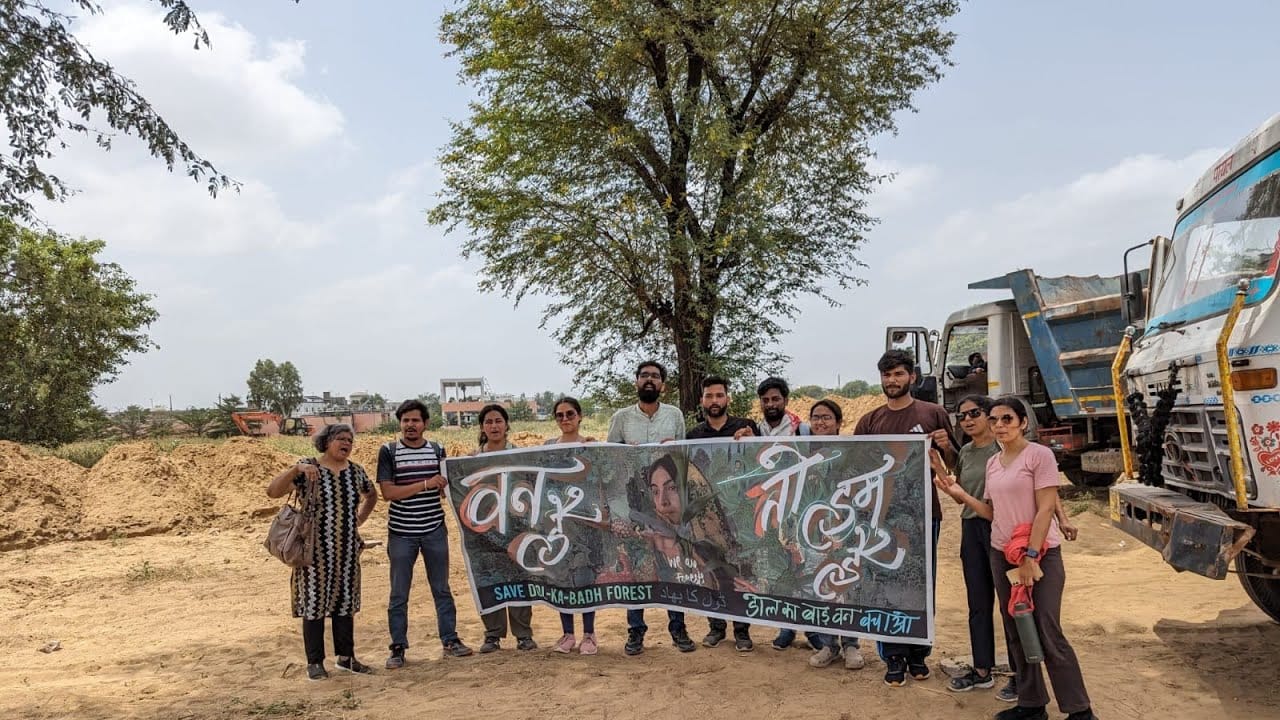Throughout history, women have demonstrated their ability to effectively manage natural resources and adapt to the impacts of climate change. Their involvement is crucial in safeguarding fragile ecosystems. This dedication to ecological conservation can be traced back to 1731, when Amrita Bai, a Bishnoi woman from Khejarali, Rajasthan, selflessly sacrificed her life to protect the Khejri tree – a tree that holds great cultural and spiritual significance in the Bishnoi community.
In 1973, the Chipko Movement aimed to safeguard the Garhwal forests of Uttarakhand from commercial logging and deforestation policies of the government. Two women, Gaura Devi and Bachni Devi, spearheaded the movement. Through non-violent means, including embracing trees, these women and their supporters successfully overpowered the resistors.
Women have become more vulnerable to the impacts of climate change because of their existing responsibilities and cultural norms that often put them at the forefront of adversity. Despite this, women can also play a critical role in mitigating and adapting to climate change. Their important roles in households and communities make them stewards of both natural resources and households, making them valuable pioneers in developing strategies to combat environmental challenges.
Feminism in India brings you the list of Indian women who are successfully combating the challenges imposed by the climate crisis and human actions and are therefore spirited into making the world a better place for coming generations to thrive in.
1. Padma Shri Tulasi Gowda
The living encyclopedia, 79 years old Tulasi Amma aka Tulasi Gowda planted over one lakh trees while working for Karnataka Forest Department. She overlooked land covering five Tiger reserves, thirty wildlife sanctuaries, fifteen conservation reserves and one community reserve.
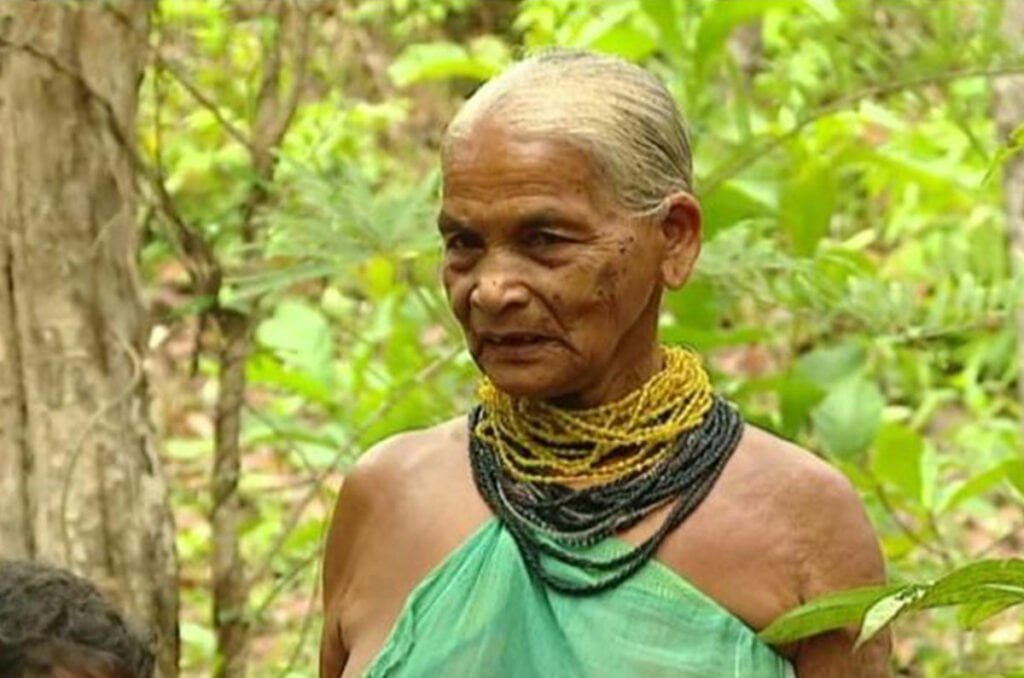
Her traditional knowledge and afforestation efforts helped the forest department in preventing poachers and forest fires from destroying wildlife, therefore providing a sustainable livelihood to the community. She was honoured with India’s fourth highest civilian award The Padmashri, in the year 2020.
2. Padma Shri Jamuna Tudu
Born in Myurbhanj, Odisha in 1980, Lady Tarzan aka Jamuna Tudu is the founder of ‘Van Surakhsha Samiti,’ conferring the timber mafia and naxals in Jharkhand, preventing the illegal felling of trees in the areas. Tudu along with ten thousand women, united together to save fifty hectares of forest land from being ravaged.
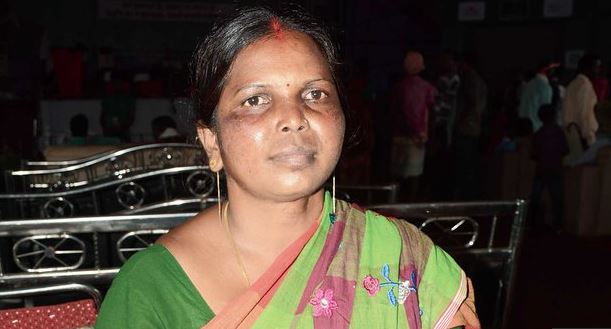
Recognising her dedication and efforts in conservation and sustainable development for the fragile ecosystem, Jamuna Tudu was honoured with, the Godfrey Phillips National Bravery Award in 2014, Women Transforming India in 2017 and the Padmashri in 2019.
3. Krithi Karnath
Executive director and Chief Scientist at the Center for Wildlife Studies at Bengaluru, Dr Krithi Karnath had a deep fascination with the forests and wildlife at a very young age, also because her father Dr. Ullas Karnath was a renowned Indian Conservation Biologist. With more than two decades of extensive research under her belt, she has tirelessly worked for the conservation of Tigers in the country.
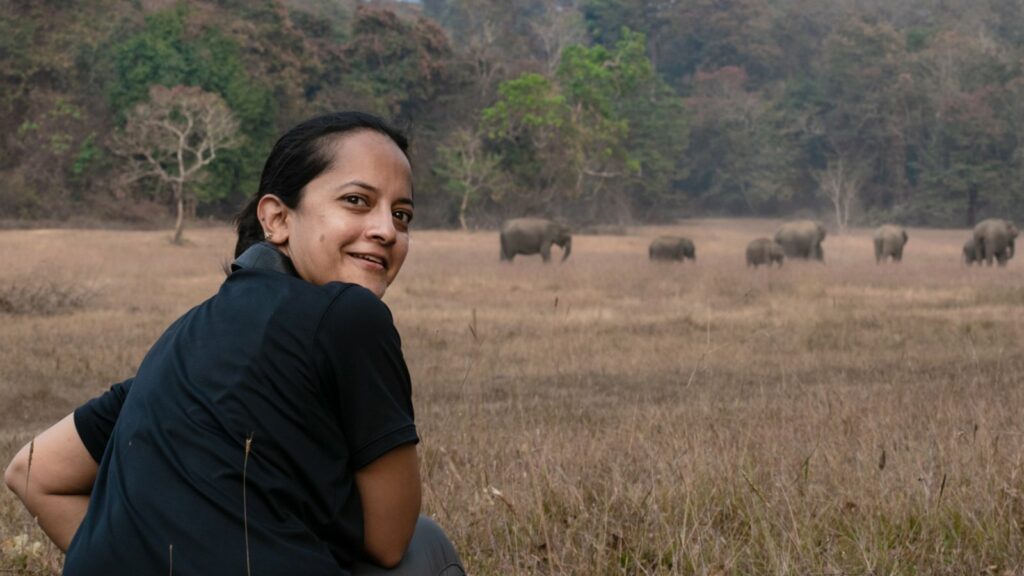
Apart from protecting wildlife, Dr Krithi Karnath has also worked on mitigating human-wildlife conflict; in India where only 5 per cent of land is set aside for the inhabitation of wildlife and quite often these animals step into human territory causing significant casualty or damage.
In response to this people often retaliate by poisoning or electrocuting the wildlife, as the compensation mechanism by the government is not efficient. Acknowledging this Dr Karnath is helping the victims with filing compensation claims, through her initiative CWS’s Project Wild Seve.
4. Sumaira Abdul Ali
Pioneering the movements against noise pollution and illegal sand mining, environmental activist Sumaira Ali, convened an NGO movement MITRA, -Movement against Intimidation, Threat and Revenge against Activists. It all started while she was inspecting Kihim Beach, citing a complaint of illegal mining of sand, where she was physically attacked, thereafter challenging the illegal sand mining and safeguarding the interest of activists, she filed her first public interest litigation, resulting in policy change at national and international level.
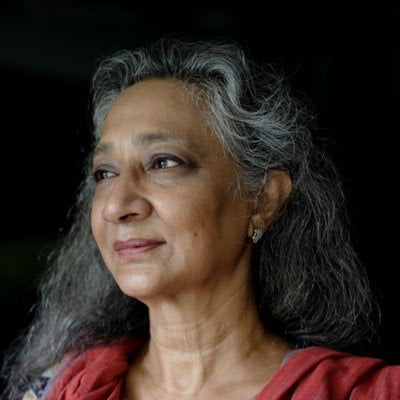
Advocating the impartial application of noise rules from all sources including those from religious places, her stand against noise pollution has transformed into a citizen movement which led to interventions from the legislation, to which the court promoted significant policy changes in the country.
5. Medha Patkar
Well known for The Narmada Bachao Andolan, Medha Patkar was actively involved in relocating and helping the people displaced by the Narmada Valley Development Project, a large-scale plan to dam the Narmada River and its tributaries and increase the height of the dam, therefore, dislocating a million people, her initiative and active engagement generated widely acknowledged debate across the sub-continent, causing the World Bank to withdraw from the project.
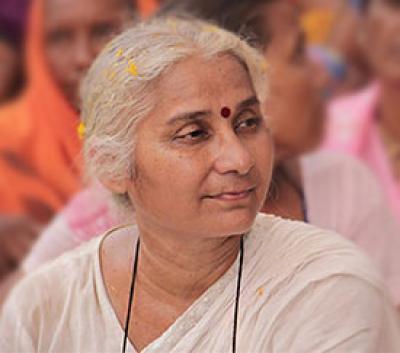
Medha Patkar is also actively engaged in ‘Sutlej Bacaho, Punjab Bachao,’ her efforts have raised awareness of rehabilitation and environmental issues caused by big dam projects.
About the author(s)
Anupama intends to be an artist in neutral, aka a dabbler- cum-learner. Her interests lie in music, nature, stories transcending cultural boundaries, human welfare, etc. When she is not around she can be found strolling along the ghats of Varanasi. To add she has a lab- named Miley.
